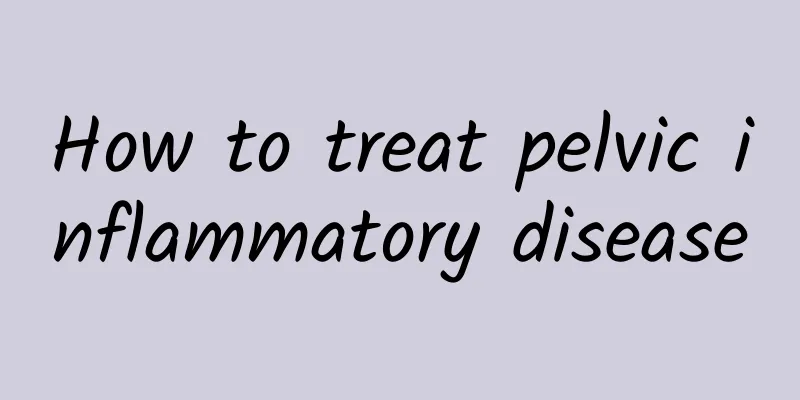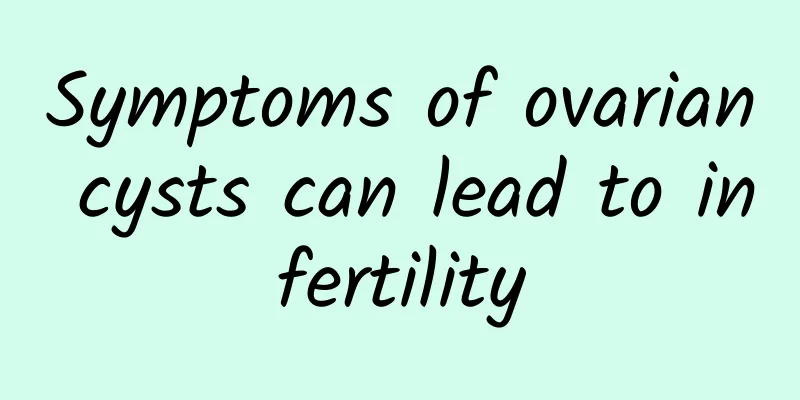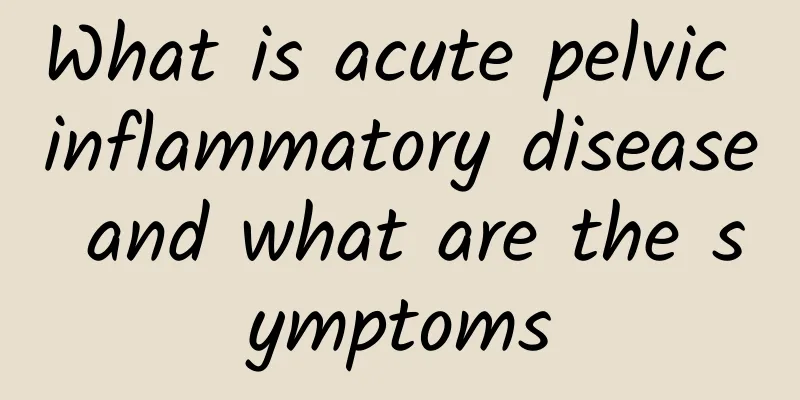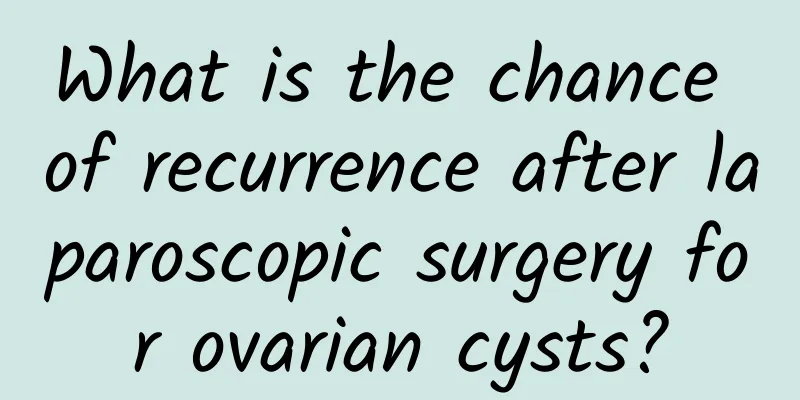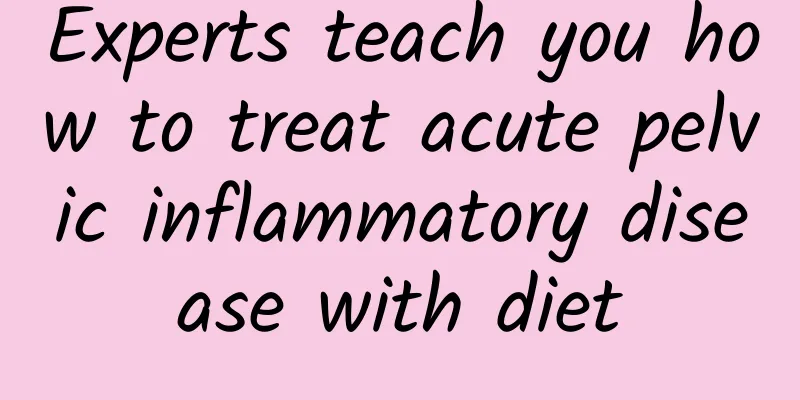Is fatty liver disease reversible? Nutritionist Chen Yichun: 7 must-have nutrients to help liver metabolism
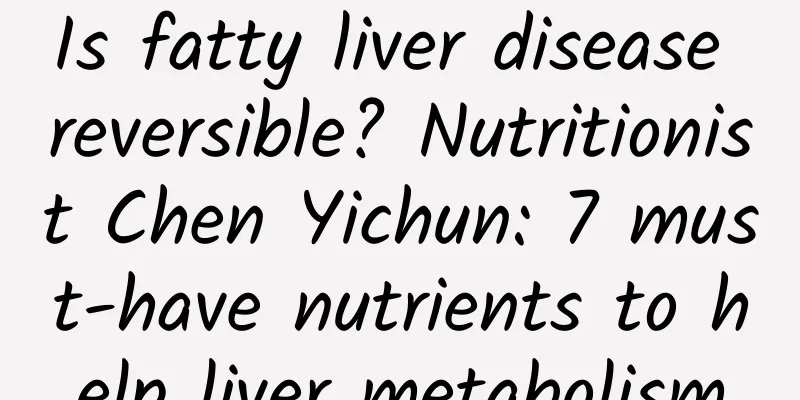
|
Is fatty liver disease reversible? The prevalence of fatty liver in Taiwan has reached 44%, and even half of the people over the age of 50 have fatty liver. Fatty liver is very harmful to the human body. In addition to the worry of deteriorating into cirrhosis and liver cancer, we even need to pay attention to comorbidities such as cerebrovascular and cardiovascular diseases such as stroke and myocardial infarction. Nutritionist Chen Yichun said that as long as you change your eating pattern moderately and correctly supplement the seven major nutrients to strengthen liver function, reversing fatty liver is not difficult! Three steps to prevent liver disease! Don't take fatty liver lightlyImproper eating and living habits may make you a person with fatty liver disease. The liver is the largest detoxification organ in the human body. However, modern people have irregular lifestyles and often eat out for their three meals a day. If they are not careful, it is easy for a large amount of cholesterol and triglycerides to accumulate, leading to fatty liver. If you suffer from fatty liver and do not pay attention to it and control it properly, it may continue to worsen and may develop into hepatitis, cirrhosis, or even liver cancer, the "liver disease trilogy". Do not take it lightly! Reverse fatty liver disease! 7 nutrients to help liver metabolismHowever, what should we do to prevent the above situation from happening? Nutritionist Donna Chen said that the secret to reversing fatty liver is to strengthen and maintain the normal functioning of the liver. In particular, the following seven nutrients are essential to help the liver effectively perform its metabolic functions and are essential. 【Nutrient 1/Vitamin B complex】 In addition to their well-known refreshing effects, B vitamins are also important coenzymes that are indispensable in many biochemical reactions in the human body. In particular, the liver is one of the indispensable key nutrients when performing its metabolic and detoxification functions. Sources of intake: green and yellow vegetables, whole grains, lean meat, milk, bananas, and avocados. 【Nutrient 2/Vitamin C】 Vitamin C is a good antioxidant. Moderate supplementation in the daily diet will help supply the liver with a large amount of antioxidants consumed in the metabolism and detoxification process. Vitamin C also directly participates in liver metabolism, promotes the formation of glycogen, and is beneficial to liver cell regeneration. Sources of intake: fruits and vegetables such as kiwi, guava, sugar apple, and bell pepper. 【Nutrient 3/Vitamin E】 Vitamin E is a fat-soluble vitamin, and its antioxidant effect should not be underestimated! In fact, lipid peroxidation is an important link in the formation of fatty liver. Vitamin E can effectively inhibit the production of lipid peroxides in the human body, thereby reducing liver inflammation and protecting the liver. Sources of intake: nuts, vegetable oils. 【Nutrient 4/Zinc】 In addition to accelerating the healing of skin wounds, the mineral zinc is also one of the important coenzymes for the synthesis of proteins and nucleic acids required during the growth of human cells. Zinc can also promote the production of the antioxidant enzyme SOD in the body, which helps the liver's detoxification and metabolism. Moderate supplementation helps repair and regenerate liver cells. Sources: Shellfish such as oysters and clams, as well as fish and beans. 【Nutrient 5/Selenium】 As for the mineral selenium, it is an important component of glutathione peroxidase, which has the function of scavenging free radicals and promoting liver metabolism. It can protect liver cells and reduce inflammatory reactions. Sources of intake: whole grains, lean meat, nuts, pumpkin. 【Nutrient 6/Phytochemical】 Phytochemicals, which are special nutrients of plants, are one of the key nutrients for reversing fatty liver. Moderate supplementation can effectively remove the free radicals produced when the liver performs its detoxification function and reduce the burden on the liver. Source of intake: various fruits and vegetables. 【Nutrient 7/Lecithin】 Lecithin, which is soluble in both water and fat, plays a key role as an "intermediate emulsifier" in the human body. Moderate supplementation helps to metabolize fat-soluble components more thoroughly, effectively promotes the liver to metabolize fat, and improves fatty liver problems. In particular, clinical experiments have confirmed that the higher the content of "polyunsaturated phosphatidylcholine (PPC)" in lecithin, the better the effect of improving fatty liver. However, it is worth noting that due to the complex structure of lecithin contained in general foods (egg yolks, soybeans), their PPC content is limited. Therefore, if you want to supplement it through diet, the effect is limited compared to extracts. Sources of intake: egg yolks, soybeans. Stay away from fatty liver! Nutritionists teach 4 ways to cope with the situationIn addition to sharing the above 7 nutrients that help maintain liver function and health, nutritionist Chen Yichun also proposed the following adjustments and improvement strategies for daily life based on the 4 common causes of fatty liver in clinical practice: 【Reason 1/High blood lipids (triglycerides, cholesterol)】 Targeted at patients with fatty liver who were found to have high blood lipid problems. Nutritionist Chen Yichun recommends that if such patients want to improve the symptoms of fatty liver, they should consume sufficient dietary fiber in their daily diet, avoid drinks and desserts containing refined sugar, and pastries containing large amounts of trans fats; and consume more good unsaturated fats such as omega-3 fatty acids, which can help lower blood lipids and avoid the occurrence of fatty liver. 【Reason 2/Obesity, excessive BMI index】 According to statistics, the relationship between weight and fatty liver can be seen from the body mass index (BMI), which is calculated as weight (kg) ÷ height (m)2. If it is between 18.5 and 25, the chance of fatty liver is 1; if the BMI is between 25 and 30, the chance of fatty liver increases to 2 times; between BMI between 30 and 35, the chance of fatty liver increases to 3.7 times; between BMI between 35 and 40, the chance of fatty liver increases to 5 times. If you want to improve fatty liver problems, moderate weight loss is the only way to reverse fatty liver disease! If you want to improve fatty liver problems, moderate weight loss is the only way to reverse fatty liver disease! However, it should be reminded that if you want to get rid of fatty liver problems as quickly as possible, the faster you lose weight is not necessarily better. Losing weight too quickly or being malnourished will affect the normal metabolic function of the liver and aggravate the deterioration of fatty liver. It is recommended that you follow the advice of professional doctors and nutritionists and lose weight moderately within a reasonable range. 【Reason 3/Insufficient protein intake】 In fact, fatty liver is not just a problem for obese people! Insufficient protein intake in the daily diet due to malnutrition and picky eating can also cause fatty liver. Nutritionist Chen Yichun explained that this is because in the absence of protein, the liver cannot synthesize "lipotropin", so fat cannot be metabolized and is stored in the liver. Therefore, it is very important to provide this group of people with moderate supplementation of high-quality protein. 【Reason 4/Alcoholic fatty liver】 In fact, every gram of alcohol contains up to 7 calories. If you drink excessively and without restraint, and your calorie intake exceeds the body's needs, it will be converted into fat and stored in the liver. What is more noteworthy is that alcohol also needs to be metabolized in the liver. Long-term alcoholism often causes a burden on the liver. Therefore, if alcoholic fatty liver is caused by alcoholism, if you want to improve the symptoms, you should start by changing your drinking habits. It is recommended not to drink more than "1 alcohol equivalent (15 grams of alcohol)" per day, which is equivalent to 375 CC of beer (4% alcohol concentration); 120 C.C. of red wine (12% alcohol concentration); 30 to 40 CC of whiskey, sorghum and other spirits (40% alcohol concentration) is safer. [Nutritionist's Tips]: Nutritionist Chen Yichun also reminds that in addition to improving according to the above-mentioned nutrition and lifestyle points, regular follow-up tests are also an important key to confirming that fatty liver does not continue to worsen. |
Recommend
"Vegetable" is gone! 80% of Chinese people fail to meet the daily intake of 3 vegetables and 2 fruits
The World Health Organization (WHO) points out th...
What are the nursing methods for menopausal patients?
First of all, we need to understand the physiolog...
Does the right ovarian cyst have a corpus luteum? What are the symptoms?
Does the right ovarian cyst have a corpus luteum?...
Tell you about the treatment of ectopic pregnancy in life
The incidence of ectopic pregnancy is very high i...
Are the consequences of pelvic inflammatory disease serious? Can it cause menstrual disorders?
Pelvic inflammatory disease is a common disease a...
Traditional Chinese medicine treatment method for women's uterine fibroids
Traditional Chinese medicine treatment method for...
What is uterine fibroids?
Women with uterine fibroids will seriously affect...
What is the cause of vulvar leukoplakia?
What is vulvar leukoplakia? Experts remind: vulva...
How to detect early cervical precancerous lesions
What tests should be done for cervical precancero...
A new option to lose calories: walking on the hot spring trail is effective
Don’t want to sweat it out in a gym surrounded by...
How to prevent hyperprolactinemia from lifestyle habits
Hyperprolactinemia can also affect women’s reprod...
What are the reactions of ovarian cysts
What are the reactions of ovarian cysts? Ovarian ...
What harm can medical abortion cause to women?
The principle of medical abortion is to use drugs...
Why is it easy for the uterus to grow fibroids during pregnancy? Why does uterine fibroids occur during pregnancy?
Why is it easy for the uterus to grow fibroids du...
Almonds and walnuts are best for weight loss when paired with a low-calorie diet
Stuffing yourself with crunchy and delicious nuts...
